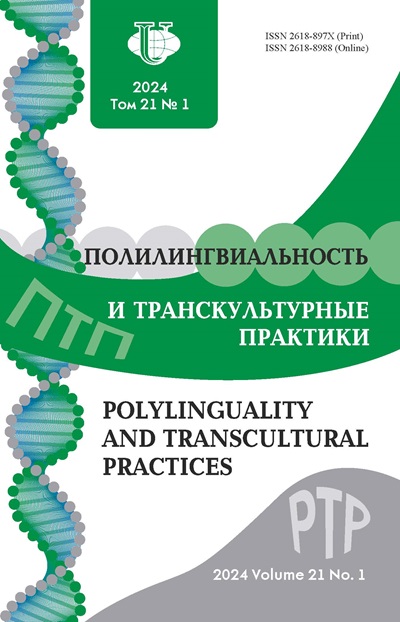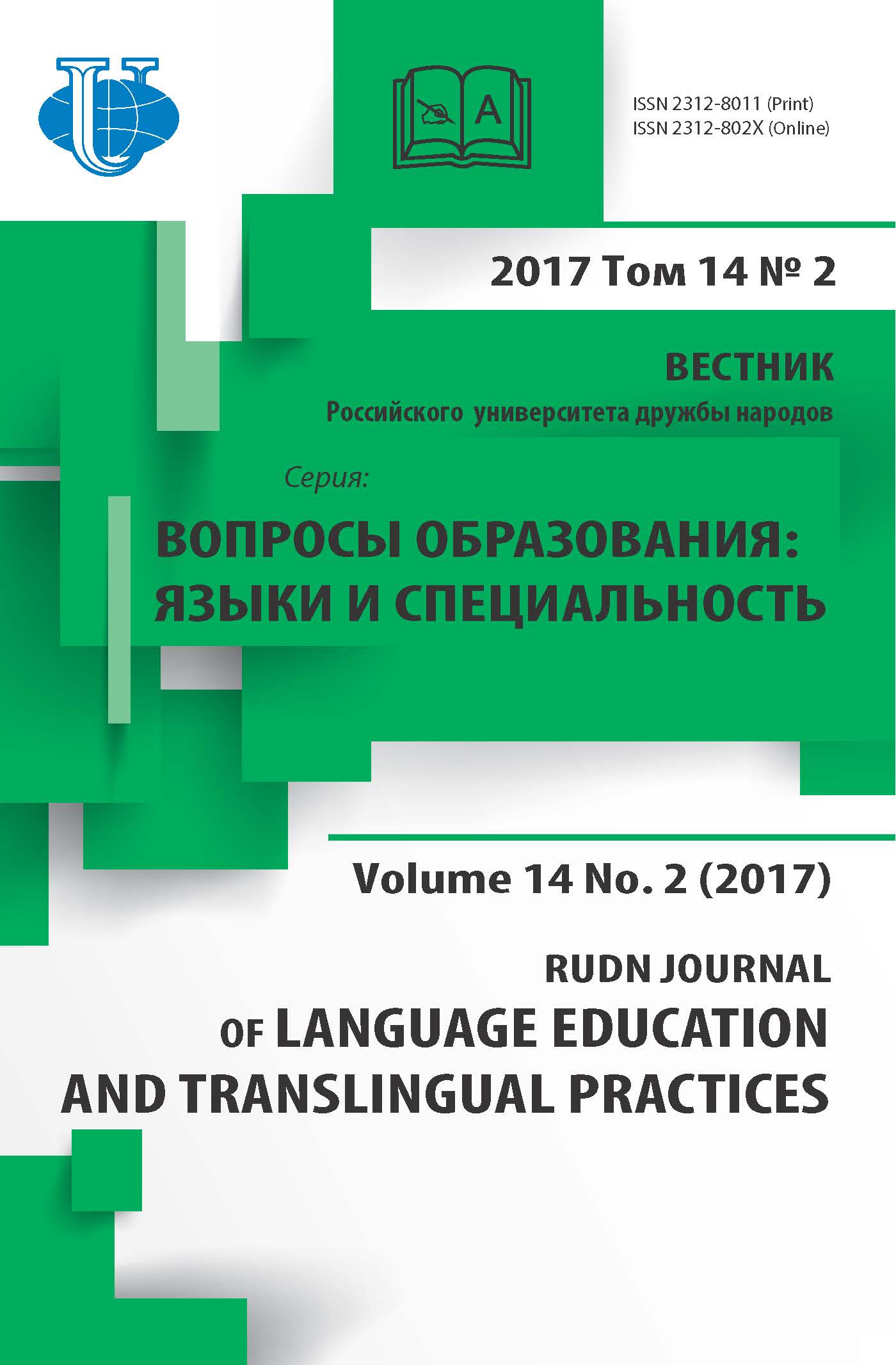LANGUAGES WE CHOOSE: LITHUANIA’S EXPERIENCE
- Authors: Lichačiova AB1
-
Affiliations:
- Vilnius University
- Issue: Vol 14, No 2 (2017)
- Pages: 205-210
- Section: LANGUAGES IN CONTACT: THEORY AND PRACTICE
- URL: https://journals.rudn.ru/polylinguality/article/view/16557
- DOI: https://doi.org/10.22363/2312-8011-2017-14-2-205-210
Cite item
Full Text
Abstract
The paper discusses the situation of Russian language in Lithuania. The current educational system, attitude of the Lithuanian society towards local cultural and linguistic pluralism, historical and present geopolitical problems - all these factors have a direct influence on modern Lithuania’s Russian-speaking population’s awareness of their ethnic language as either native, heritage or foreign, as well as on the selection of the language of school instruction for children from Russian-speaking families.Nowadays, it is becoming increasingly clear that the politics on language and education of the last two decades, aimed at strengthening the positions of the state language and at assimilating national minorities, needs amending. To achieve change, it is necessary to thoroughly study the possibilities of modern family and state language policy and to educate the society about these possibilities. The paper makes use of data from official statistics and sociolinguistic research.
Keywords
About the authors
A B Lichačiova
Vilnius University
Author for correspondence.
Email: a.lichaciova@gmail.com
Professpor, Doctor PhD, prof. of Department of Russian Philology, Vilnius University
Universiteto str., 5, Vilnius, Lithuania, 01513References
- Lietuvos statistikos departamentas, Gyventojai pagal tautybę, gimtąją kalbą ir tikybą. Lietuvos respublikos 2011 metų gyventojų ir būstų surašymo rezultatai, 2013. Available at: https://osp.stat.gov.lt/documents/10180/217110/Gyv_kalba_tikyba.pdf/1d9dac9a-3d45-4798-93f5-941fed00503f (accessed: February 03, 2017).
- Tautinių mažumų švietimas Lietuvoje. 2013. Nr. 19 (105). Available at: http://www.sac.smm.lt/wp-content/uploads/2016/01/bs_Tautiniu-mazumu-svietimas-Lietuvoje-2013-12.pdf (accessed: January 29, 2017).
- Lichačiova А. Dilemmas of linguistic and cultural self-identification in Russian families in Lithuania: an intergenerational aspect. Rosyjskie dzieciństwo. Krakow: Księgarnia Akademicka, 2015. P. 205—214.
- Lichačiova А. The outside opinion and the attitudes of the Russian-speaking citizens of Lithuania towards their native language. Kommunikativnye issledovaniya. Omsk: Gosudarstvennyi universitet im. F.M. Dostoevskogo. 2015. No. 3. P. 40—49.
- Juan-Garau M. Heritage language use and maintenance in multilingual communities. Applied Linguistics Review. 2014. No. 5 (2). P. 425—440.
- Spolsky B. Language Policy. New York: Cambridge University Press, 2004. 250 p.
- Spolsky B. Language Management. New York: Cambridge University Press, 2009. 320 p.
- Berry J.W., Poortinga Y.H., Segall M.H., Dasen P.R. Cross-Cultural Psychology: Research and Applications. Cambridge: Cambridge University Press, 2002. 588 p.
- A. Kubilius siūlo papildomų balų už gerą kalbos mokėjimą. Available at: http://www.delfi.lt/news/daily/education/a-kubilius-siulo-papildomu-balu-uz-gera-kalbos-mokejima.d?id=73337990 (accessed: January 31, 2017).















